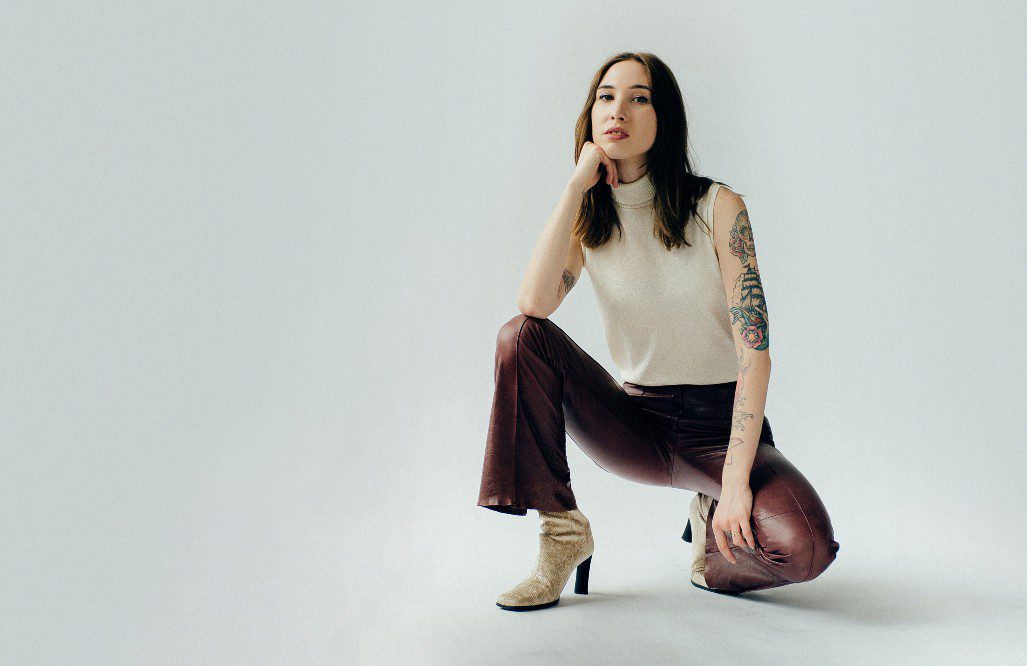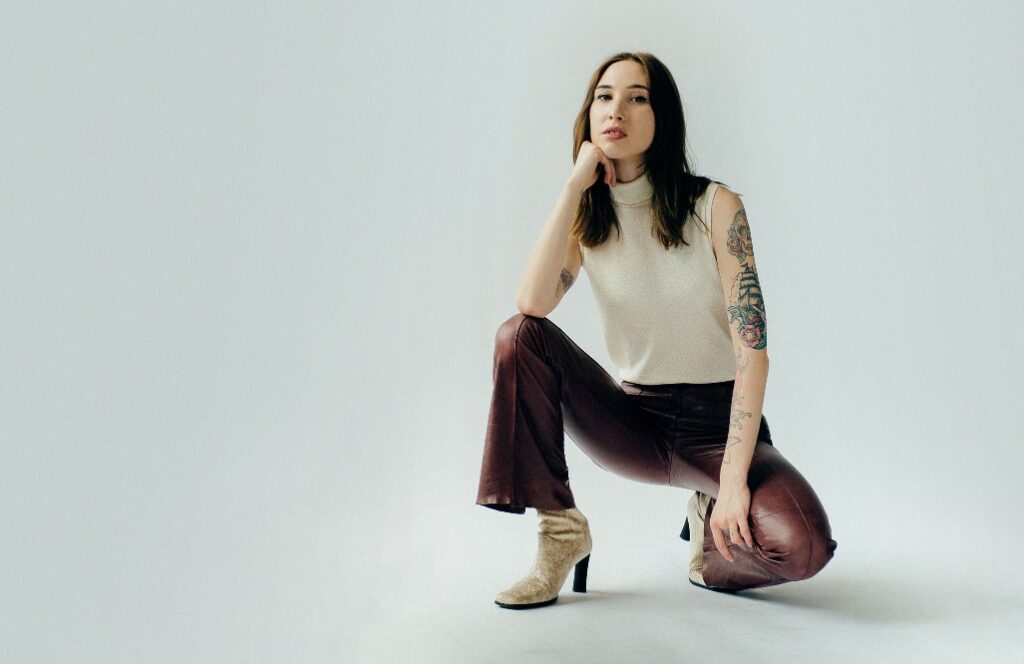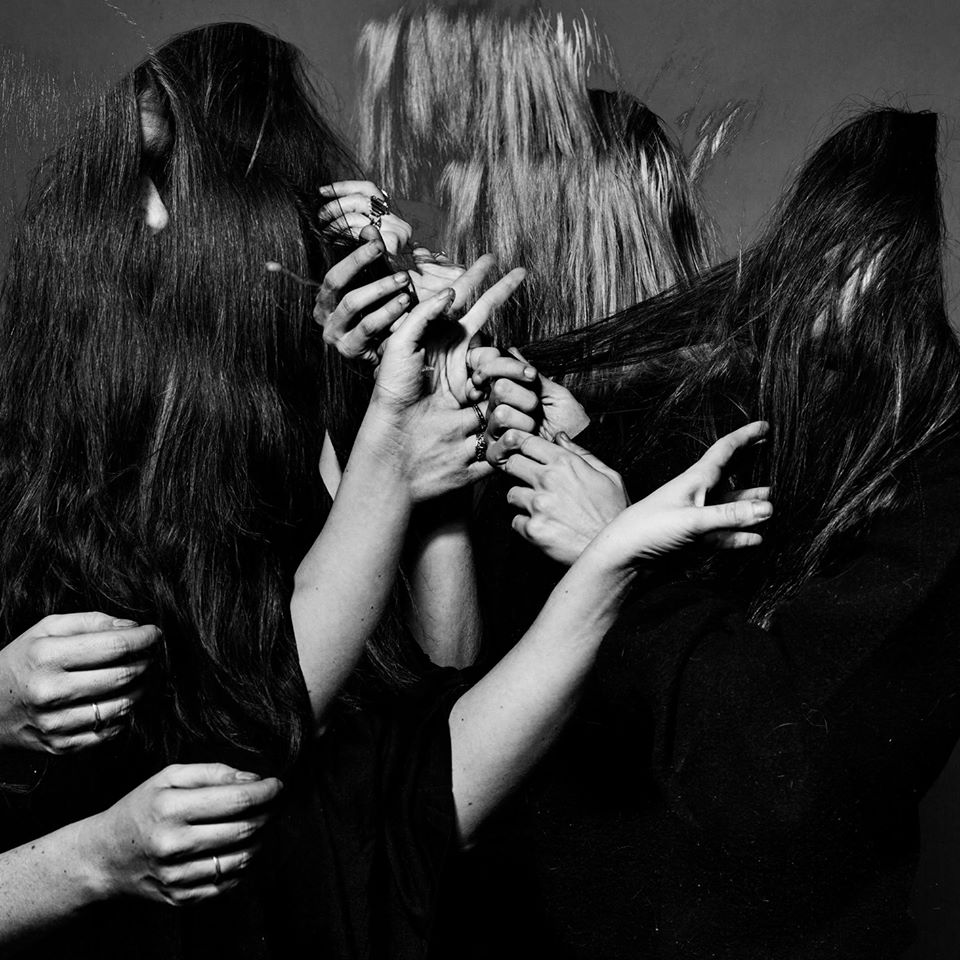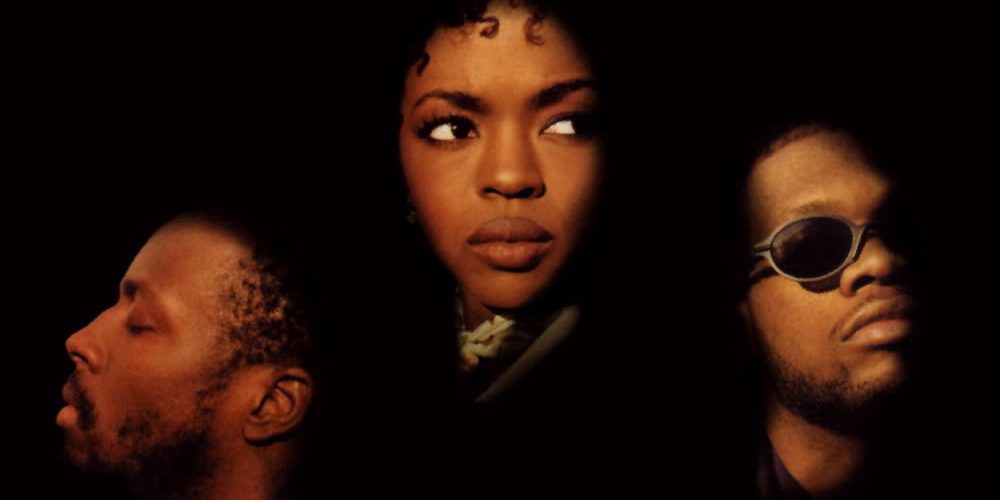

It’s okay not to be okay, according to Italian-born, UK-based Julia Bardo. Her poppy folk-rock debut Bauhaus, L’Appartamento (released September 10 via Wichita Recordings) is evidence that not being okay can be the catalyst for some very creatively fruitful self-investigation.
For Bardo, the introspective deep diving that ensued after moving from her home in Brescia, Italy to the UK city of Manchester enabled her to embrace being an outsider in her adopted home. Notoriously the land of stiff upper lips, bacon and eggs, soggy chips, rainy days and endless media about everything the Queen is wearing, it was a cultural anathema to Bardo’s vibrant, expressive, joyful liveliness (or vivacita!) and at first, she wilted under the pressure to fit in.
Until she was 13, Bardo lived in the small Italian province of Castegnato. Her aunt took her on a trip to London around that age, and Bardo felt instantly drawn to it. “The first time, I thought ‘this is where I want to live’ because I felt more like myself while I was there,” she remembers. But when she finally moved to London in her twenties, she found it overwhelming. “I moved to Manchester in 2016, when I was 23,” she recalls. “I was going to go to Bristol but they cancelled while we were on the train, so I took that as a sign that I should stay in Manchester.”
Despite not knowing anyone, she’d made the leap intending to pursue music and independence. And really, she’d always felt like an outsider to some degree. Music was, in essence, the bridge between her inner self and the physical world.
“Music has always been present in my life since I was small… been there to keep me company, because I was quite a lonely kid, quite introverted. I barely had one friend and I stayed in the house all the time, listening to music and singing. My mum, we used to sing Italian songs together and my uncle is a jazz guitarist so we’d sing altogether,” Bardo remembers. “When I was 13 my dad opened a bar and we moved to Brescia. I didn’t know anyone so I spent my time working at the bar and when we didn’t have many people there I’d go into the staff toilet and listen to music and sing. Music was cathartic, something to soothe myself.”
That need for soothing resonated around the world, so Bardo’s album couldn’t have arrived at a better time than now. Stuck indoors, Bardo spent 2020 indulging in her love of painting, songwriting, and watching the captivatingly beautiful films of both Federico Fellini and the visually seductive Michelangelo Antonioni. In their representations of Italy, she recognised her home as well as observing an imagined Italy, a place that outsiders have dreamed the nation into being. In peeling the layers of imagined place versus real, belonging and identity, and what home means to her, Bardo had the raw, buzzing, emotional material to craft her first full-length album. The title playfully draws on both her mood and on the name of the apartment block Bardo was living in when she was demoing the album.
Her knack for lyrical self-revelation upon the magic carpet of a rhythmic guitar first revealed itself on her 2020 EP Phase. The connecting threads between Phase and Bauhaus are the very personal, and relatable, themes. Loneliness and self-flagellation do battle with the sweetness of artistic creation, musicality and appreciation for herself. It’s an album in which many listeners will recognise their own demons, and hopefully, their own small victories. Musically, it is reminiscent of the vulnerable lyrics and alt-folk guitar of Neko Case and Liz Phair. The unpolished, steely sound of guitar embodies Bardo’s feminine animus: a visceral, restless creature that refused to remain caged in her psyche.
Bardo had played guitar in a Yorkshire-based synthpop band called Working Men’s Club; she’d joined after meeting her bandmates at university, having begun – and dropped out – of various university courses and odd jobs. The band was signed to Heavenly Records in 2020, but Bardo left soon afterwards – amicably, desiring her own autonomy. The vulnerability and soul-baring nature of Bauhaus, L’Appartamento is something that she had to do solo.
“Our manager really liked what I was doing as a solo artist so he decided to take me on board as well in 2018. When I was in Italy, I’d recorded some songs that were meant to become an album, but I wasn’t happy with them,” Bardo says. “I showed them to my manager who suggested using them as demos to contact labels. Then we met up with Wichita and I had a really good feeling, meeting them. They seemed very interested, really nice. The label suggested we do an EP to see how things go so we recorded four songs, and I co-produced it with my boyfriend because I really wanted to do it in a way I felt comfortable with. Wichita really liked them and put them out, then I started to write the album.”
She met producer Euan Hinshelwood, of Younghusband, via a friend. They immediately bonded over a love of PJ Harvey, particularly her 2000 LP Stories From the City, Stories From The Sea. “Euan really got what I wanted to achieve on the album and it was so good to work with him,” Bardo says. “A friend suggested him, so we just went with it. I love the atmospheric stuff that goes on, and he really did what the album needed.” As for which songs are her personal favourites, she demurs at first before acceding she definitely does have a couple: “No Feeling,” “Love Out of Control,” and “Impossible.” Her UK tour is scheduled to kick off at the beginning of October.
What the album ultimately expresses is a joyful reconnection, or realisation, of her Italian roots. Perhaps, as the saying goes, she had to get lost to find herself. Singing in Italian, and using an Italian title for the album, was a deliberate and important choice.
“Obviously, I miss Italy. Sometimes, I feel so estranged being here. I don’t feel like I belong anywhere, sometimes. It’s weird when you’re away from what you know the most,” she says. “Singing Italian helped me be closer to Italy. I’d never been proud of being Italian but being away from Italy and looking inside myself, I started to embrace who I was. This is who I am, this is where I’m from, and I can’t change who I am.”
Follow Julia Bardo on Instagram and Facebook for ongoing updates.




